The number of personal trainers in Australia has increased steadily in the last 10 years. More than 20,000 are currently registered with Fitness Australia, and this number is expected to grow.
As personal trainers we can provide great benefit to our clients. Working with a trainer leads to increased exercise intensity when appropriate, and improved adherence to training programs.
But often we won’t achieve our weight loss goals with exercise alone. Exercise can be hard, we have to make time for it, and we have to burn a lot of energy doing it. Luckily, we know that exercise combined with nutrition changes usually leads to better results.

As complicated as we make weight loss sometimes, sustainable healthy eating and moderate exercise will do the trick for most of us
It’s perfectly reasonable that people to turn to personal trainers to help achieve weight loss goals, and get challenging, appropriate training.
But what about good nutritional advice? What nutrition knowledge do personal trainers have? How much nutrition training do they get? What advice are they qualified to give?
Read on to find out.
What does my trainer know about nutrition?

Some of us need help making good nutrition choices. A personal trainer should be able to help.
Current Australian fitness qualifications (which are nationally recognised) include three nutrition units. In the US, which has a number of different certifying bodies, the nutrition education of trainers will vary. Other countries will be different again.
There is one unit in Certificate III (the qualification to become a gym instructor), which is taught over about 10-20 hours. This only involves providing basic healthy eating advice (such as increasing fruits and veggies, and decreasing added sugars), and does not cover nutritional supplements, or specific diets.
Certificate IV (required to be a personal trainer) has two units. One involves recognising when a trainer is outside their scope of practice. The other covers providing healthy eating advice to those that don’t have special needs, consistent with the Australian Dietary Guidelines.
Not very complicated, is it? Most people we work with don’t need complicated nutrition advice. If they do, they probably need to see a professional with greater nutrition knowledge, like a dietitian. They have an amount of training that can’t be squeezed into a couple of weeks!
In fact, a personal trainer’s scope of practice is very restricted, limited to:
“basic healthy eating information and advice through the application of nationally endorsed nutritional standards and guidelines (in particular, the Australian Dietary Guidelines).”
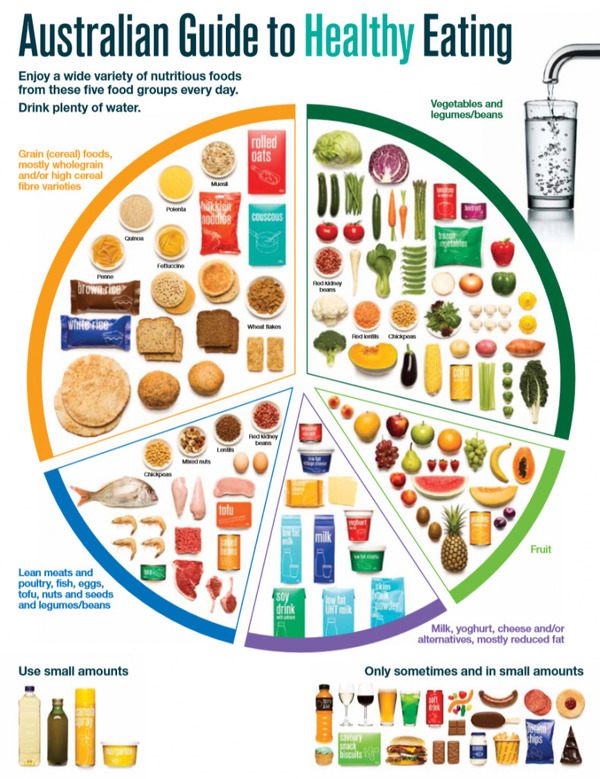
This is a great summary of the nutrition advice a personal trainer is qualified to give you, in one convenient image! More information is available here
But my trainer does lots of nutrition reading!
Some of us do, but there is a big difference between self-directed reading, and formal education. When completing a formal qualification, experts guide students to good information, and help them interpret it.
Students are also tested. That way, when the qualification is finished, this tells us the student reached an acceptable standard. If not, they don’t graduate. And the more advanced the course, the harder the testing.

Some trainers rely on Googly University rather than a formal qualification.
Mark McKean (a researcher from University of the Sunshine Coast) and colleagues studied the nutrition advice personal trainers offered, their qualifications, and sources of information. 88% of trainers said they provided nutrition advice to their clients.
However, most trainers surveyed did little professional development. In fact, the most reported doing either no, or minimal (<10 hours) extra nutrition training after getting their qualification.
What is my trainer reading?
About 3/4 of trainers reported using dietitians or scientific journals as sources of nutrition knowledge, which is great. But 96% reported using the Internet, and 90% health magazines, with no obvious difference in the confidence placed in these sources!
Other popular (though less reliable) sources were other trainers (80%), naturopaths (58%), and supplement company sales representatives (46%).
Use of “the Internet” as a source could mean anything. There is a wide variety of sources that you could access online – some great, and some terrible. Identifying the quality of these online sources was beyond the scope of this research.
But other research does give us some hints. An earlier study identified that trainers reported difficulty determining the quality of sources. And other research has identified that trainers have significant errors in their knowledge. So if they trainers are reading good sources, they may not be understanding them correctly!
While your trainer may be fantastic at identifying high quality sources, this skill is not covered in their qualification. And if they do claim to read scientific research to inform their practice, it’s unlikely they possess the skills to be able to interpret this research properly. It’s complicated, high technical writing.
Do personal trainers stick to their nutrition scope of practice?
In a word… no. And you should be concerned about this.
McKean found that 51% of trainers were prepared to offer nutrition advice related to heart disease, 50% related to sports performance, 48% for diabetes, and others for supplements, allergies, and eating disorders.
All of which we are completely unqualified to do.
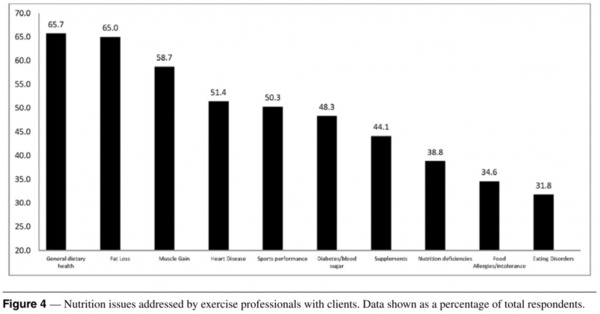
Many personal trainers don’t feel they are restricted by, or are unaware of, their scope of practice. From McKean et al. (2015)
This might not be a problem for most people, who just want to lose a little weight. But if you have complicated needs, a personal trainer may not be able to provide the advice you need.
Unfortunately though, they may not recognize their lack of expertise, and try to help you anyway. And this can be dangerous!
Commitment to professional development and years of experience may result in improved knowledge, but not usually. Previous research has shown that a professional’s years of experience are not related to better knowledge.
The role of expert instruction, guidance, and advice helps a lot more! Though experience hasn’t shown to help improve knowledge, formal education has.
Other health professionals (like dietitians, exercise physiologists, physiotherapists, etc.) have years of university education behind them before they can practice as a professional. It’s naïve to think that a personal trainer, with nutrition training that we measure in hours, could provide anything other than basic nutrition advice.
In that case, what can we trust personal trainers for?
Actually, plenty of things. A good personal trainer will be great at designing and delivering exercise programs. We have plenty of hands on experience with (real and simulated) clients as part of their training.
We will be able to provide great advice about physical activity outside of these sessions, and can help you set, and reach, achievable goals. Also, we can provide sensible healthy eating advice, that can help most people achieve weight loss goals.
If you think you need something more complex than that, then maybe another professional, with greater nutrition knowledge, is right for you.
If you meet a trainer that tells you their nutrition knowledge is better then other trainers, be wary. Do they have a higher qualification? If not, they are limited by the scope of practice the same as everyone else. And it’s possible they aren’t as trustworthy as a trainer more aware of their own limitations.
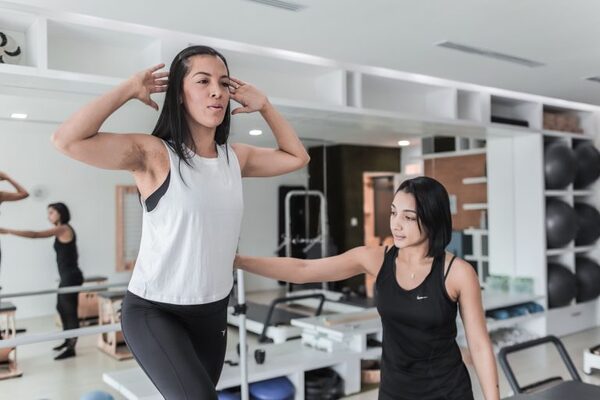
Use a personal trainer for effective, enjoyable training sessions. Don’t expect them to be an expert in other fields.
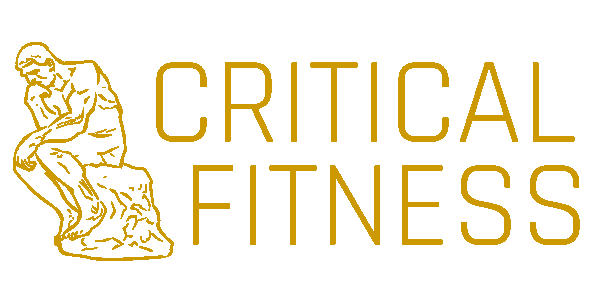
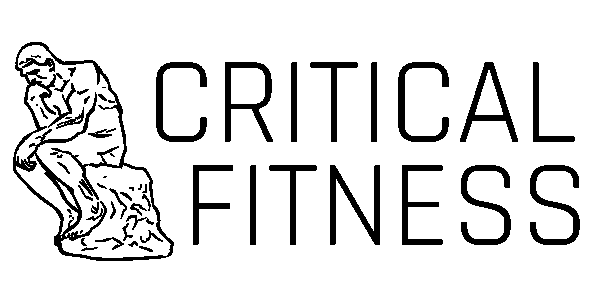

Recent Comments